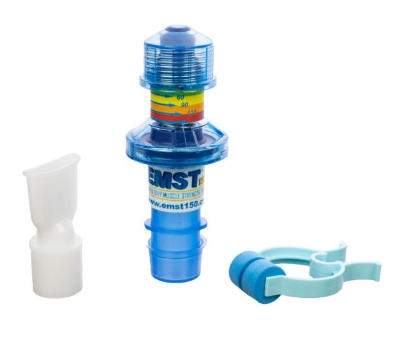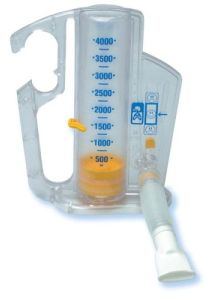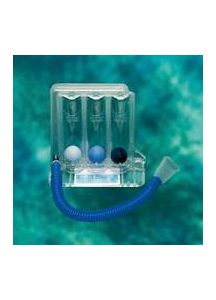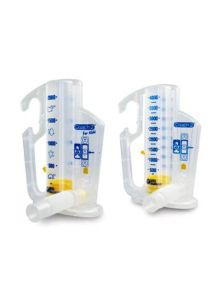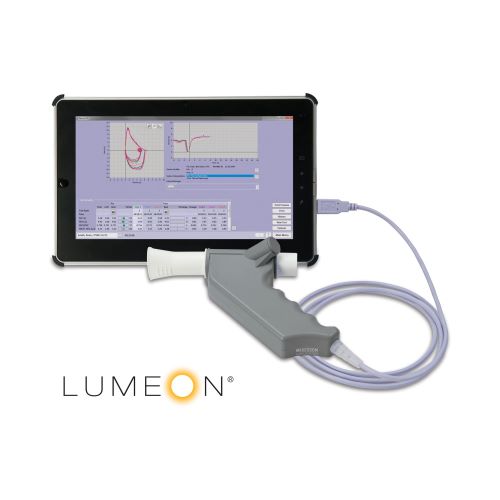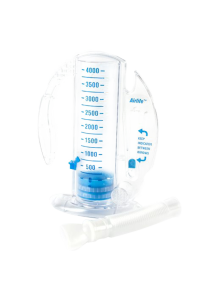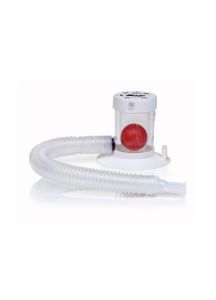What is a Spirometer?
A spirometer is a medical device used to measure the volume of air inhaled and exhaled by the lungs. It is used to diagnose and monitor lung diseases such as asthma, COPD, and other respiratory conditions.
How Does a Spirometer Work?
A spirometer measures the amount of air inhaled and exhaled by the lungs. It works by measuring the pressure and flow of air as it is inhaled and exhaled. The spirometer records the amount of air inhaled and exhaled, as well as the rate of air flow. This information is then used to diagnose and monitor lung diseases.
What Are the Benefits of Using a Spirometer?
Using a spirometer can help diagnose and monitor lung diseases such as asthma, COPD, and other respiratory conditions. It can also help to detect changes in lung function over time, which can help to identify potential problems before they become serious. Additionally, using a spirometer can help to identify the most effective treatment for a particular lung condition.
How to Use a Spirometer?
Using a spirometer is relatively simple. First, the patient should sit in a comfortable position and place the mouthpiece of the spirometer in their mouth. Then, they should take a deep breath and exhale as hard and as fast as they can into the mouthpiece. The spirometer will then measure the amount of air inhaled and exhaled, as well as the rate of air flow. The results will then be used to diagnose and monitor lung diseases.
Frequently Asked Questions (FAQ's)
Q: What is a spirometer?
A: A spirometer is a medical device used to measure the volume of air inhaled and exhaled by the lungs. It is used to diagnose and monitor lung diseases such as asthma, COPD, and other respiratory conditions.
Q: How does a spirometer work?
A: A spirometer measures the amount of air inhaled and exhaled by the lungs. It works by measuring the pressure and flow of air as it is inhaled and exhaled. The spirometer then calculates the volume of air inhaled and exhaled.
Q: What are the benefits of using a spirometer?
A: A spirometer can help diagnose and monitor lung diseases such as asthma, COPD, and other respiratory conditions. It can also help to identify any changes in lung function over time, which can help to determine the effectiveness of treatments.
Q: What should I do if I have questions about using a spirometer?
A: If you have any questions about using a spirometer, it is best to consult with your doctor or healthcare provider. They can provide you with more information and advice on how to use the device correctly.

